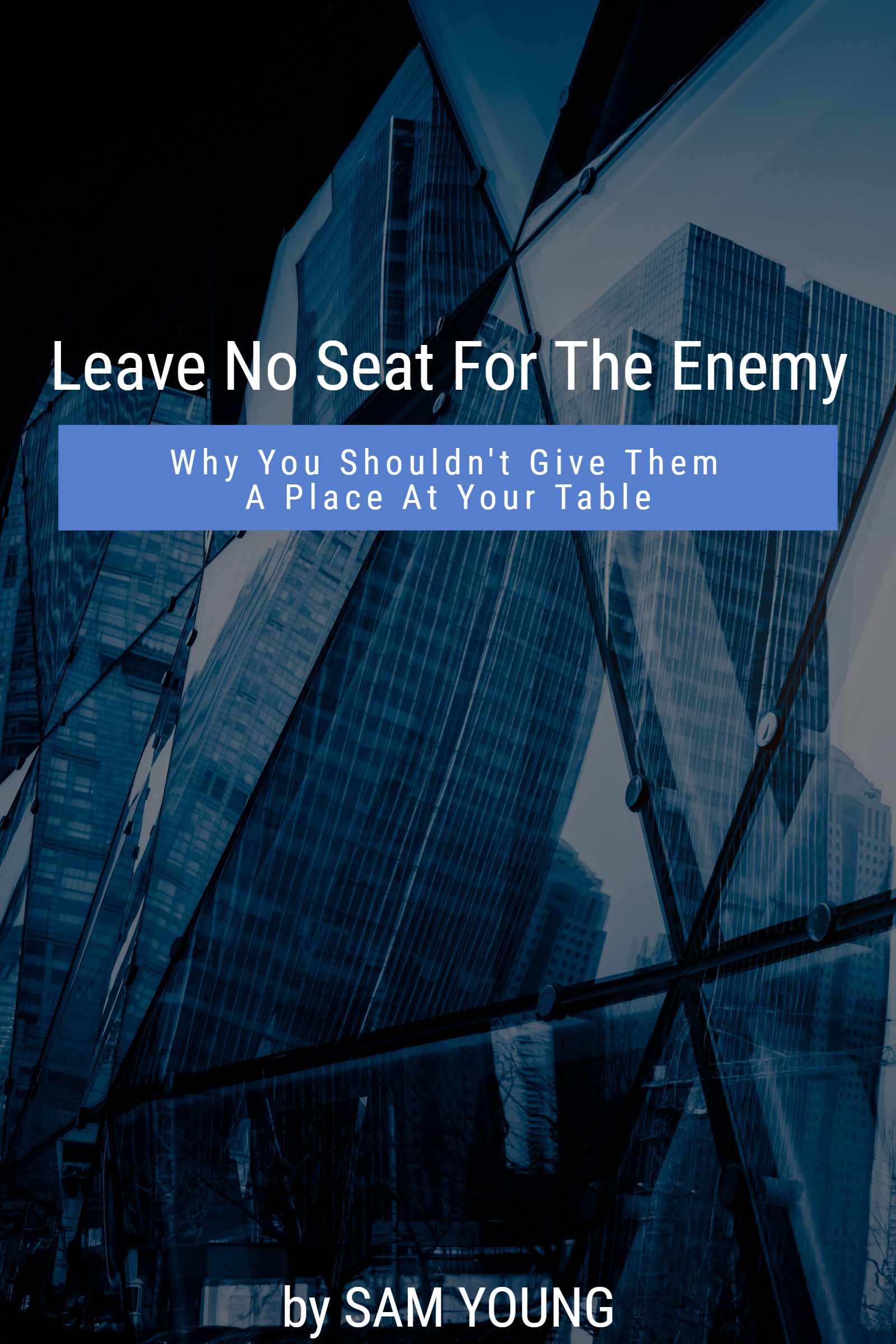In recent years, there have been several high-profile cases that highlight the dangers of loud aggression. One such case is that of former pharmaceutical CEO Martin Shkreli, who gained notoriety for his aggressive tactics in the industry. Shkreli's behavior ultimately led to his arrest and conviction for securities fraud.
In the medical world, studies have shown that loud and aggressive behavior can have serious consequences for both the perpetrator and those around them. One study conducted by the American Psychological Association found that individuals who engage in aggressive behavior are more likely to experience health problems such as high blood pressure and heart disease. Another study found that children who are exposed to aggressive behavior are more likely to experience mental health issues such as anxiety and depression.
On Wall Street, traders who rely on loud aggression to assert their power are often viewed as high-risk individuals. In one well-known case, former trader Nick Leeson caused the collapse of Barings Bank through a series of aggressive trades that went wrong. Leeson's behavior ultimately led to his arrest and imprisonment, as well as the loss of thousands of jobs.
The dangers of loud aggression are not limited to the business world, however. In the world of politics, leaders who rely on aggressive tactics to assert their power often find themselves facing opposition and resistance. One example is that of former US President Donald Trump, whose aggressive rhetoric and behavior led to widespread protests and social unrest during his presidency.
In contrast to loud aggression, quiet confidence is often associated with success and positive outcomes. One example is that of NBA player Kawhi Leonard, who is known for his calm and collected demeanor on and off the court. Leonard's quiet confidence has earned him multiple championships and accolades throughout his career.
In the music industry, several artists have achieved great success through their quiet confidence. Beyoncé, for example, is known for her commanding stage presence and powerful vocals, but also for her willingness to speak out on issues such as feminism and racial equality. Another example is Adele, whose soulful and emotional performances have earned her multiple Grammy awards.
In summary, the dangers of loud aggression are well-documented, with real-life examples from the business, political, and entertainment worlds. In contrast, quiet confidence is often associated with success and positive outcomes. By recognizing the risks of loud aggression and embracing the power of quiet confidence, individuals can achieve their goals and lead fulfilling lives.




.jpeg)
.jpeg)


.jpeg)











Write a comment ...